-
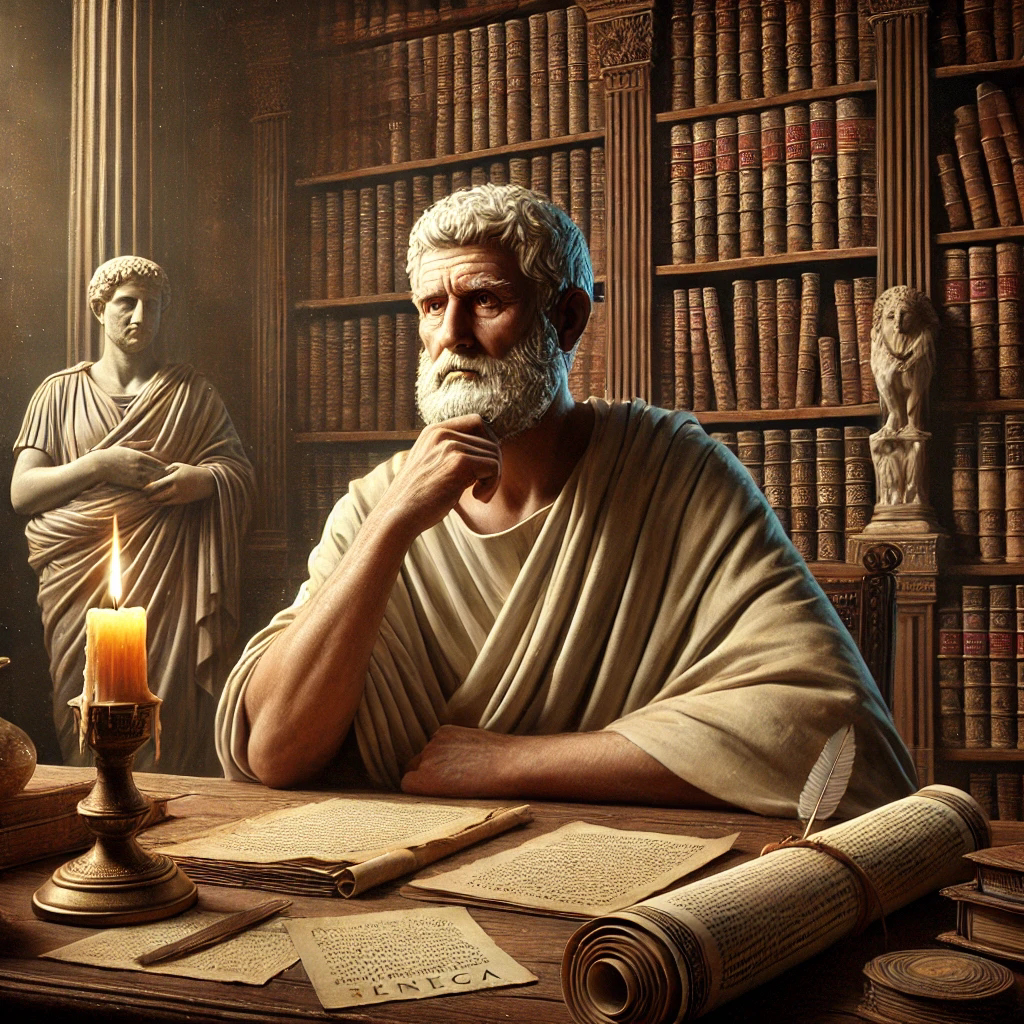
Lucius Annaeus Seneca: The Stoic Who Mastered the Art of Living
Lucius Annaeus Seneca. You’ve heard the name. Maybe in passing, maybe in a philosophy book you skimmed once, or maybe because someone dropped a quote of his in a moment of unsolicited wisdom. Regardless, Seneca is one of those thinkers whose influence seeps into everything—ethics, politics, self-help, even modern-day hustle culture. But who was he…
-
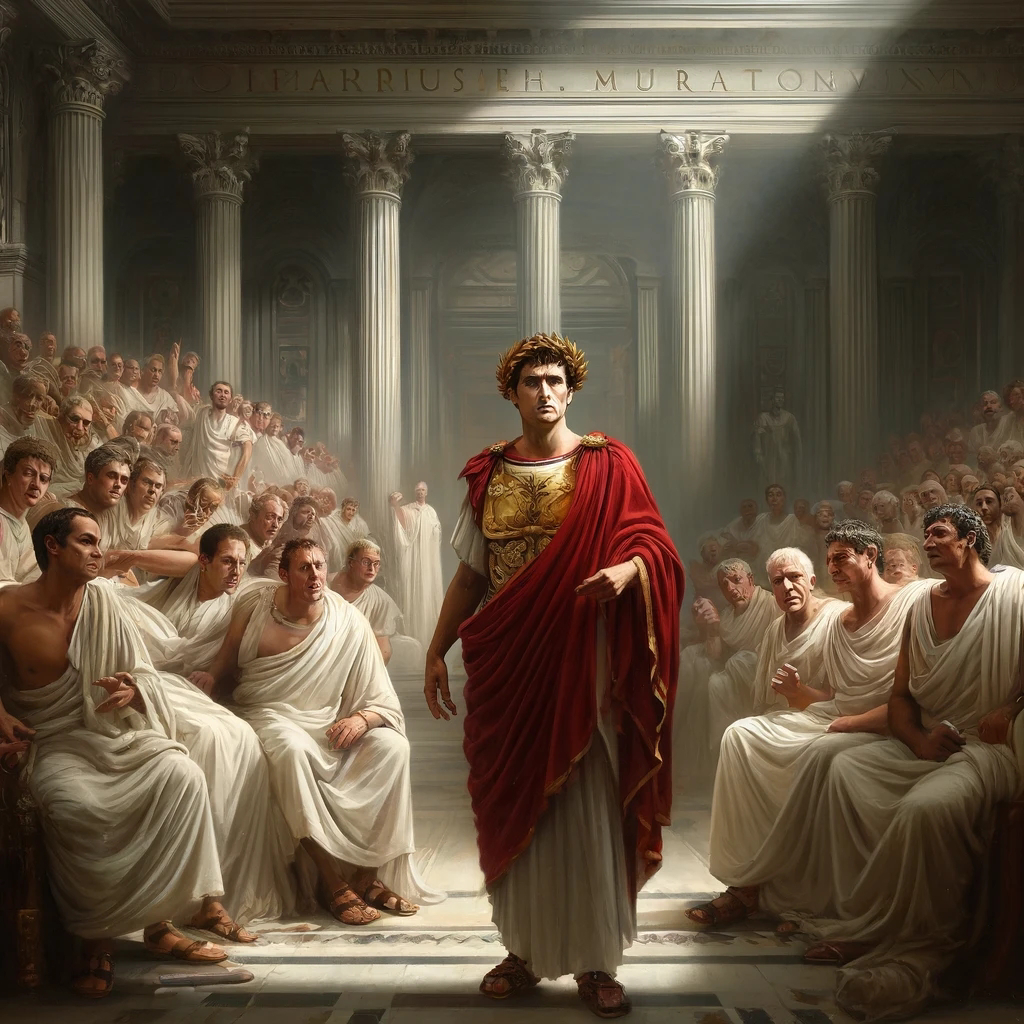
Julius Caesar: The Man Who Reshaped Rome
Julius Caesar—his name alone evokes images of power, ambition, betrayal, and the birth of an empire. He wasn’t just a military genius; he was a political architect who laid the foundation for Rome’s transition from Republic to Empire. His life was a saga of victories, defeats, alliances, and assassinations. But beyond the drama, what made…
-
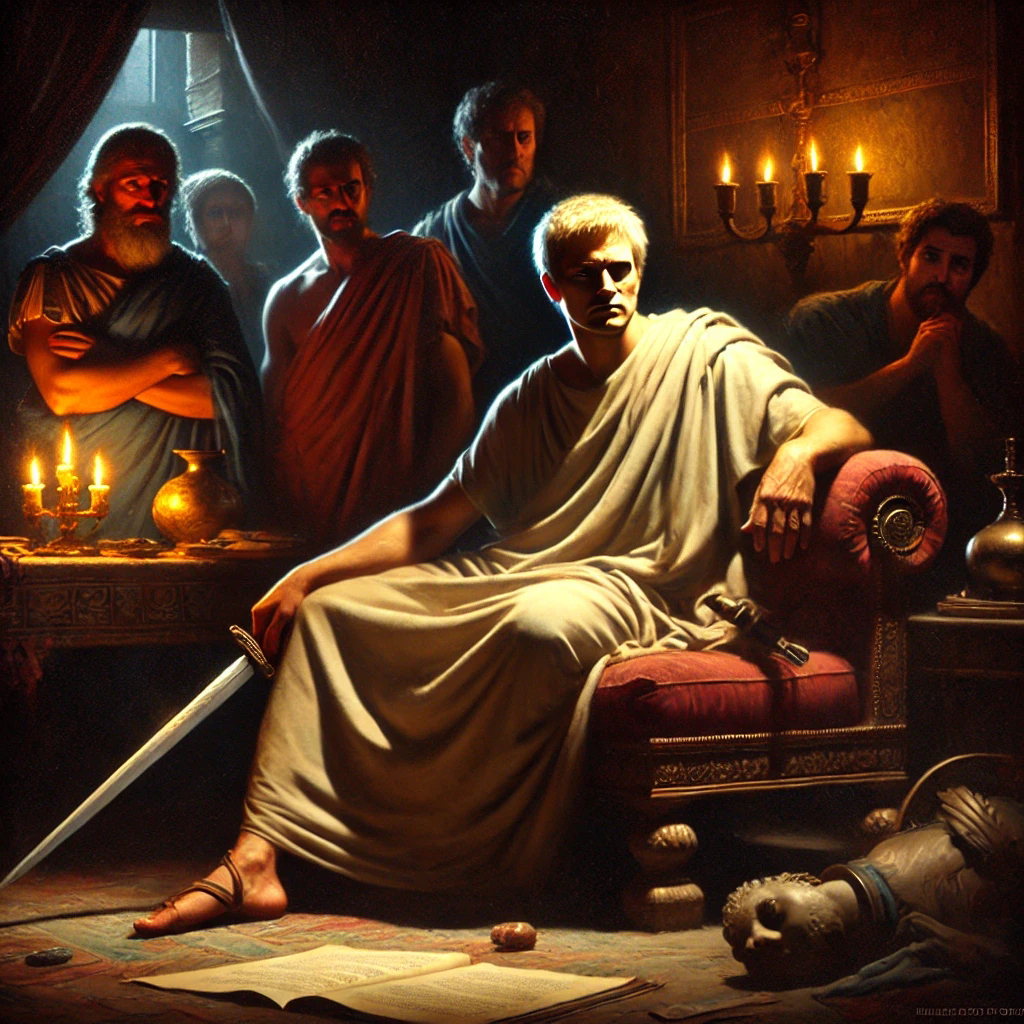
Cato the Younger: The Last Bastion of Roman Republican Virtue
Marcus Porcius Cato, better known as Cato the Younger, wasn’t the kind of man who bends. In an age of political corruption, backroom deals, and the slow, agonizing death of the Roman Republic, Cato stood firm. He wasn’t just a senator or a statesman—he was an idea made flesh, a symbol of Stoic virtue, and,…
-
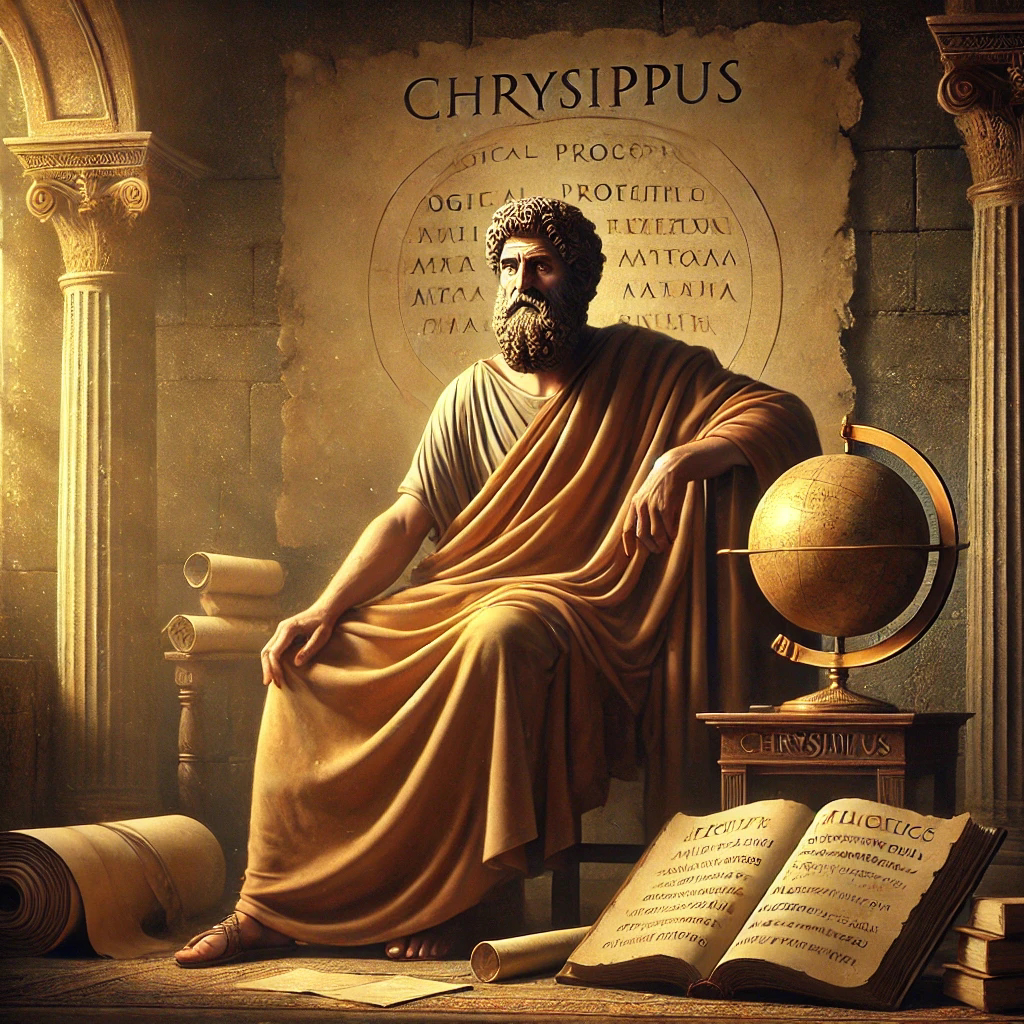
Chrysippus: The Mind Behind Stoicism’s Most Rigorous Logic
If you’ve ever heard someone say, “It’s not events that disturb us, but our interpretation of them,” you’ve encountered a core Stoic principle. But did you know this mindset owes much of its refinement to a man named Chrysippus? Chrysippus of Soli (c. 279–206 BCE) wasn’t just any Stoic philosopher—he was the philosopher who systematized…
-
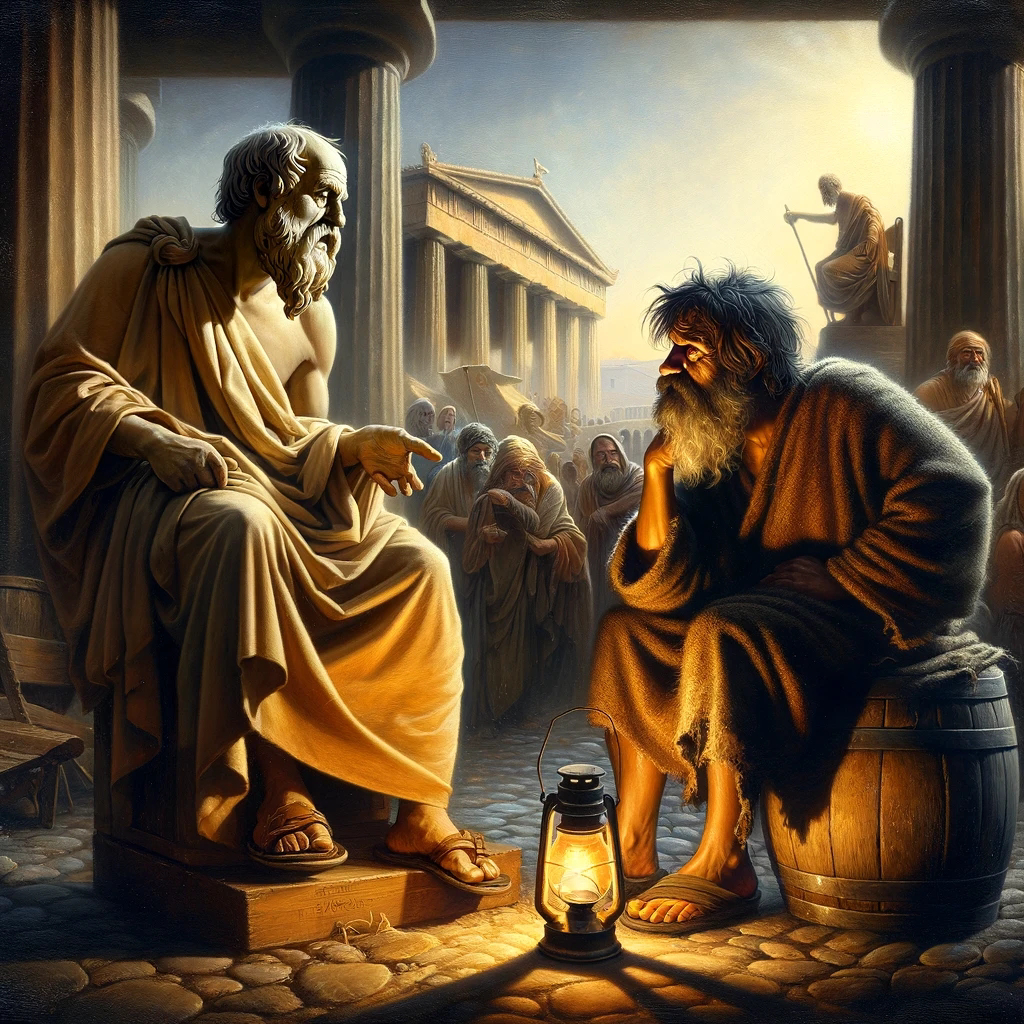
Socrates and the Cynics: The Pursuit of Truth and Radical Authenticity
Socrates is often considered the grandfather of Western philosophy—a man so committed to truth that he willingly drank poison rather than compromise his principles. But what if I told you that Socrates, for all his wisdom, was just the warm-up act? Enter the Cynics: a group of philosophers who took his ideas and turned them…
-
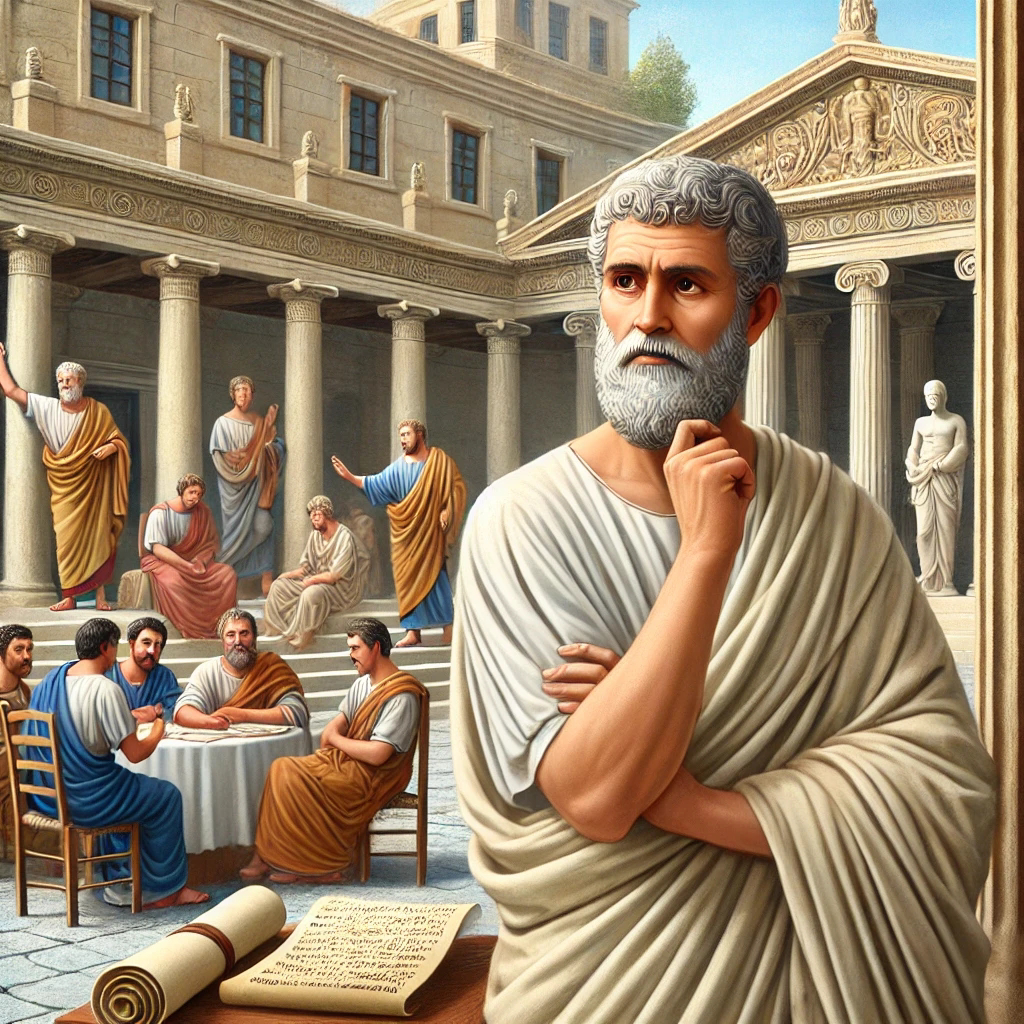
Who Was Zeno of Cyprus?
Zeno of Cyprus remains an enigmatic figure in the annals of history. Though often overshadowed by other philosophers of antiquity, his contributions left an imprint on the intellectual landscape of the Hellenistic world. His name frequently gets confused with Zeno of Citium, the founder of Stoicism, but they were distinct individuals. While records on his…
-
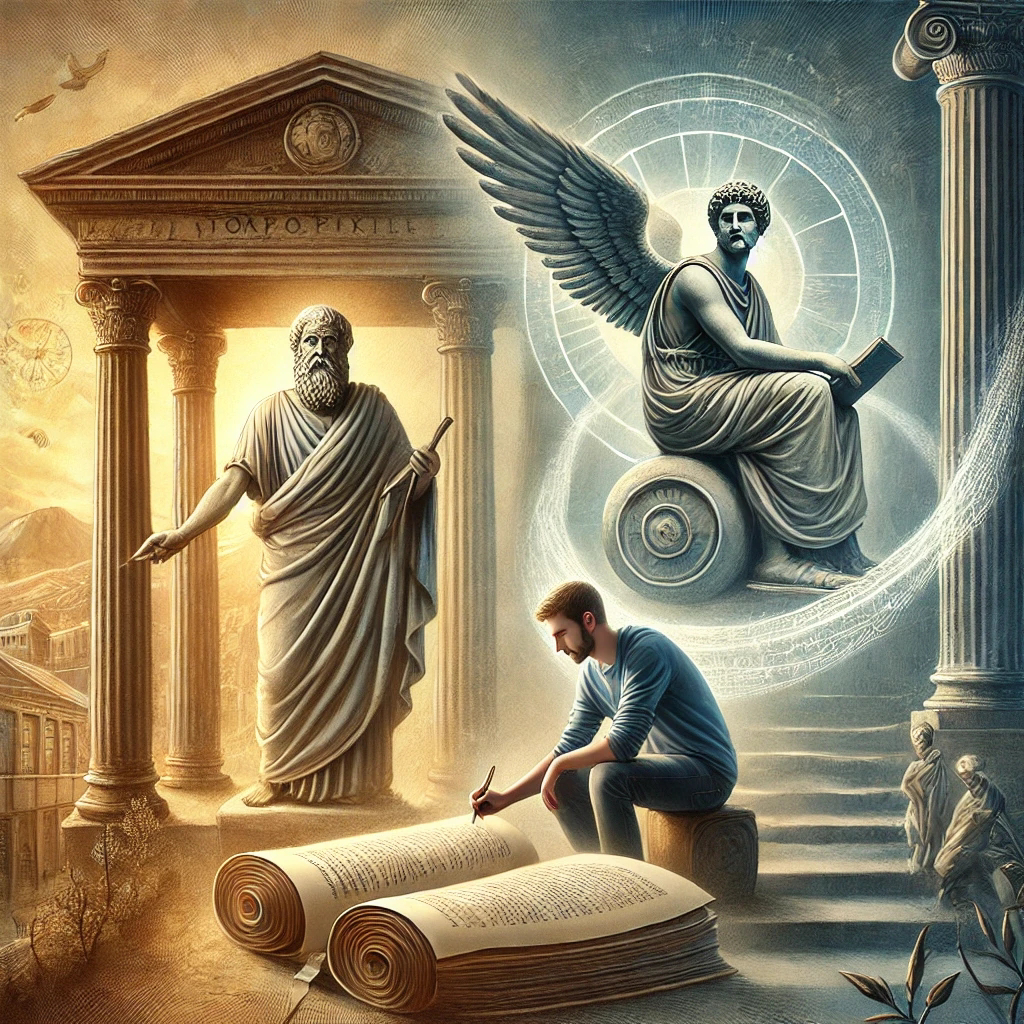
The Evolution of Stoic Teachings: From Ancient Greece to Modern Resilience
Stoicism is one of those philosophies that never really fades. It’s like a torch passed from one era to the next, finding new relevance in each generation. What began in the streets of ancient Athens evolved through Rome, influenced early Christian thought, shaped Enlightenment ideas, and now sits at the core of modern self-help and…
-

Echoes of a Lost Empire: Investigating the Tartarian Bell Tower Recordings Mystery
Introduction In the dimly lit archives of an old library, a researcher unearths a dusty wax cylinder labeled with an 18th-century date. The cylinder reportedly contains a 250-year-old recording of a bell tower from the mysterious Tartarian Empire. According to modern lore, this ancient audio was “hidden in classified archives, stored on a wax cylinder,…
-

The Enlightenment: The Age That Changed Everything
Introduction The Enlightenment was a revolution of the mind. It reshaped how people saw the world, questioned authority, and sought knowledge. From the late 17th to the 19th century, this intellectual movement spread across Europe and beyond. Its impact still defines modern thought, politics, and science. What Was the Enlightenment? The Enlightenment, also called the…
-
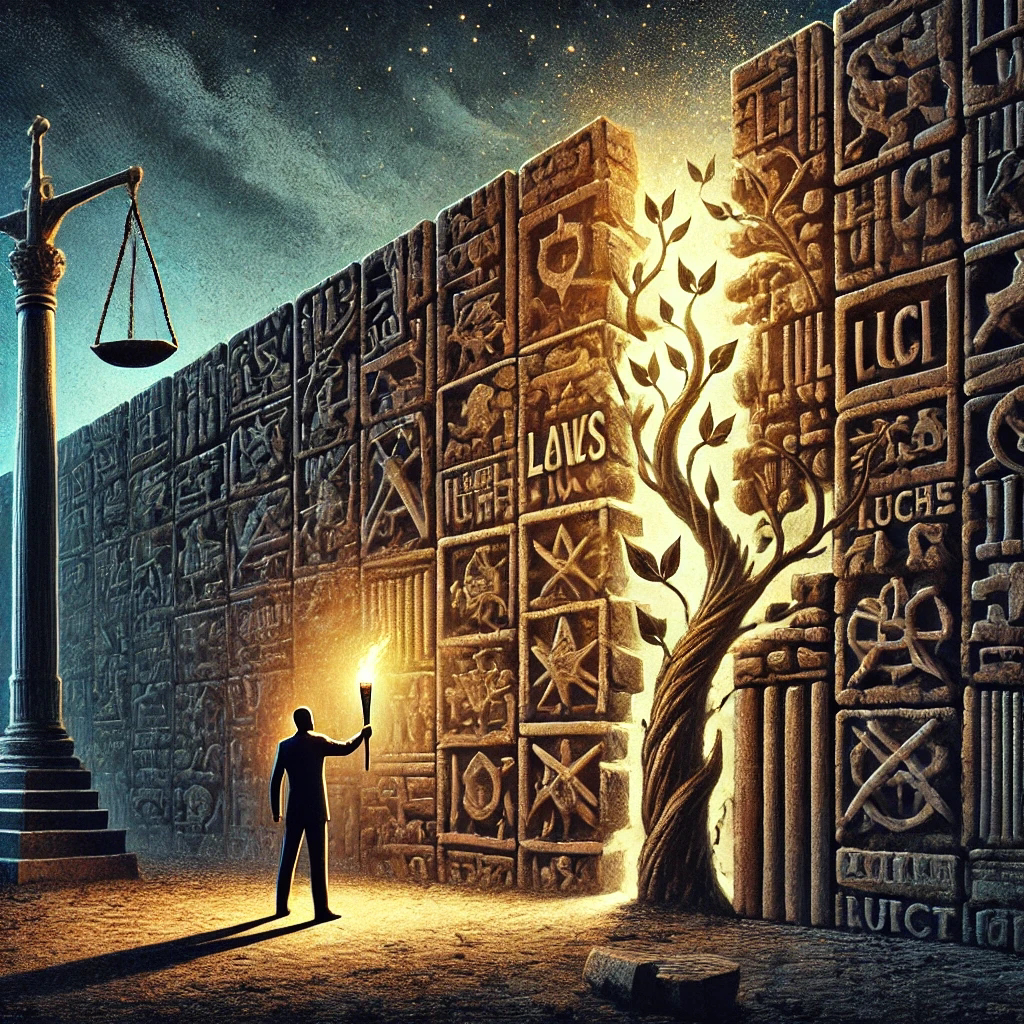
Legalism: The Struggle Between Law and Spirit
Legalism is a concept that has shaped societies, religions, and philosophies for millennia. At its core, it prioritizes strict adherence to laws, rules, or codes of conduct, often at the expense of flexibility, intent, or human compassion. While structure and order are necessary, legalism can become rigid, suppressing creativity, critical thinking, and moral nuance. The…
